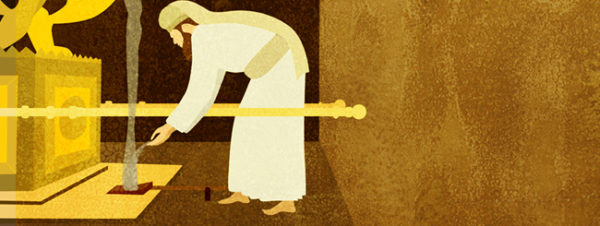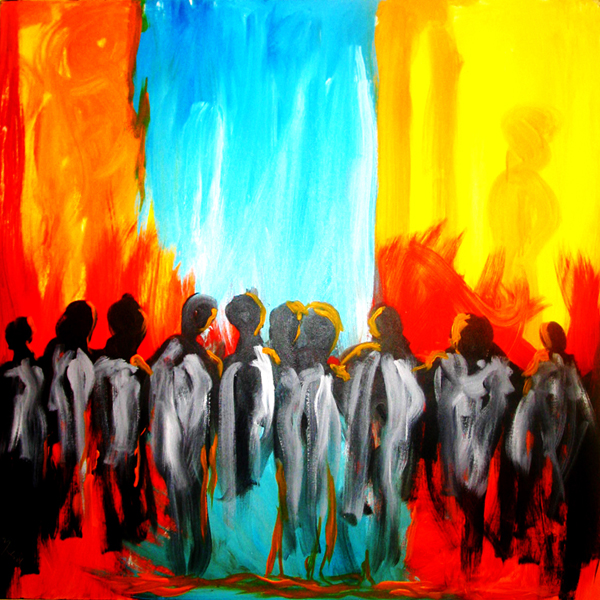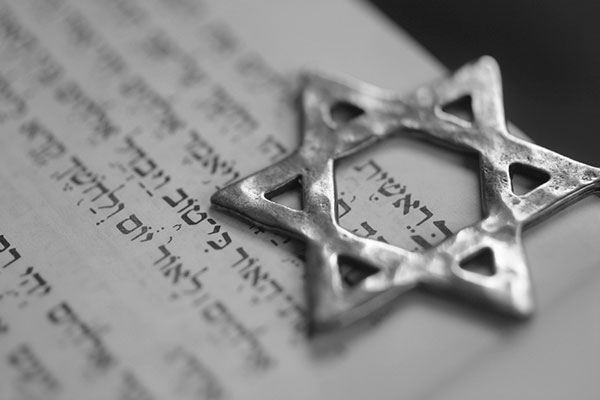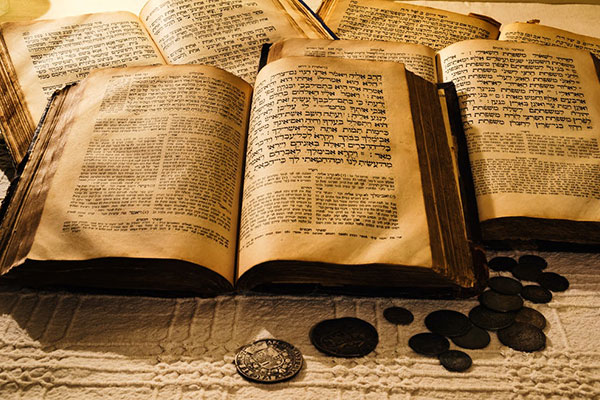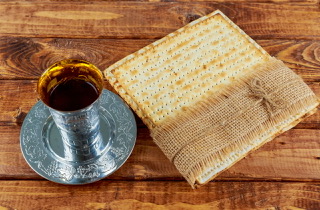Page 19 of 21
Thoughts on Parashat Acharei Mot
Human beings dominated the world initially not by their physical power but by the power of intellect. The physical dominion came long after with the beginning of the modern industrial era. Over the centuries of this development we have gained more and more control over the natural environment and other living beings. By the forces of our intellect
Thoughts on Parashat Shemini
Pesach, the festival of freedom, has just ended. The concept of freedom is inextricably linked to the concept of choice. Life brings choices before us, maybe not all the time, but it does at least bring us in a position to choose. There are small choices and big choices. Small choices are usually easier to make because the consequences are less significant.
Passover – a festival of freedom – has begun. The concept of freedom is one of those concepts that we might think we fully understand or at least know what they’re about. However, the limits of how we might understand freedom are not strictly defined; this is a wide-ranging and deep concept. Also, when we want to point to the essence of freedom,
This week we begin reading Leviticus, the third book of the Torah. Leviticus contains detailed instructions regarding our ancient Temple ritual: animal sacrifice, priesthood, uncleanliness and purity, atonement and holiness. The Torah portion for this week is entirely devoted to animal sacrifices and they are: olah (burnt
Many people today reading this commandment might be shocked by the measures used to make people observe Shabbat – the death penalty. Are these measures truly appropriate for the failure in observing it? Is this an overreaction?
One thing is certain, if this law was truly and fully implemented within the tribal society of ancient Israelites the common
Thoughts on parashat Ki Tisa
The central event of this weekly portion of the Torah is the golden calf incident:
When the people saw that Moses was so long in coming down from the mountain, the people gathered against Aaron and said to him, “Come, make us a god who shall go before us, for that man Moses, who brought us from the land of Egypt—we do not know what has happened
Thoughts on Parashat Terumah
The Torah portion of this week is entirely devoted to the structure of Mishkan. Mishkan comes from the Hebrew root meaning shachan which means “to dwell”; the tabernacle was considered to be the earthly dwelling place or residence of God.
God instructs Moses with words: Tell the Israelite people to get me their contribution, from everyone whose

